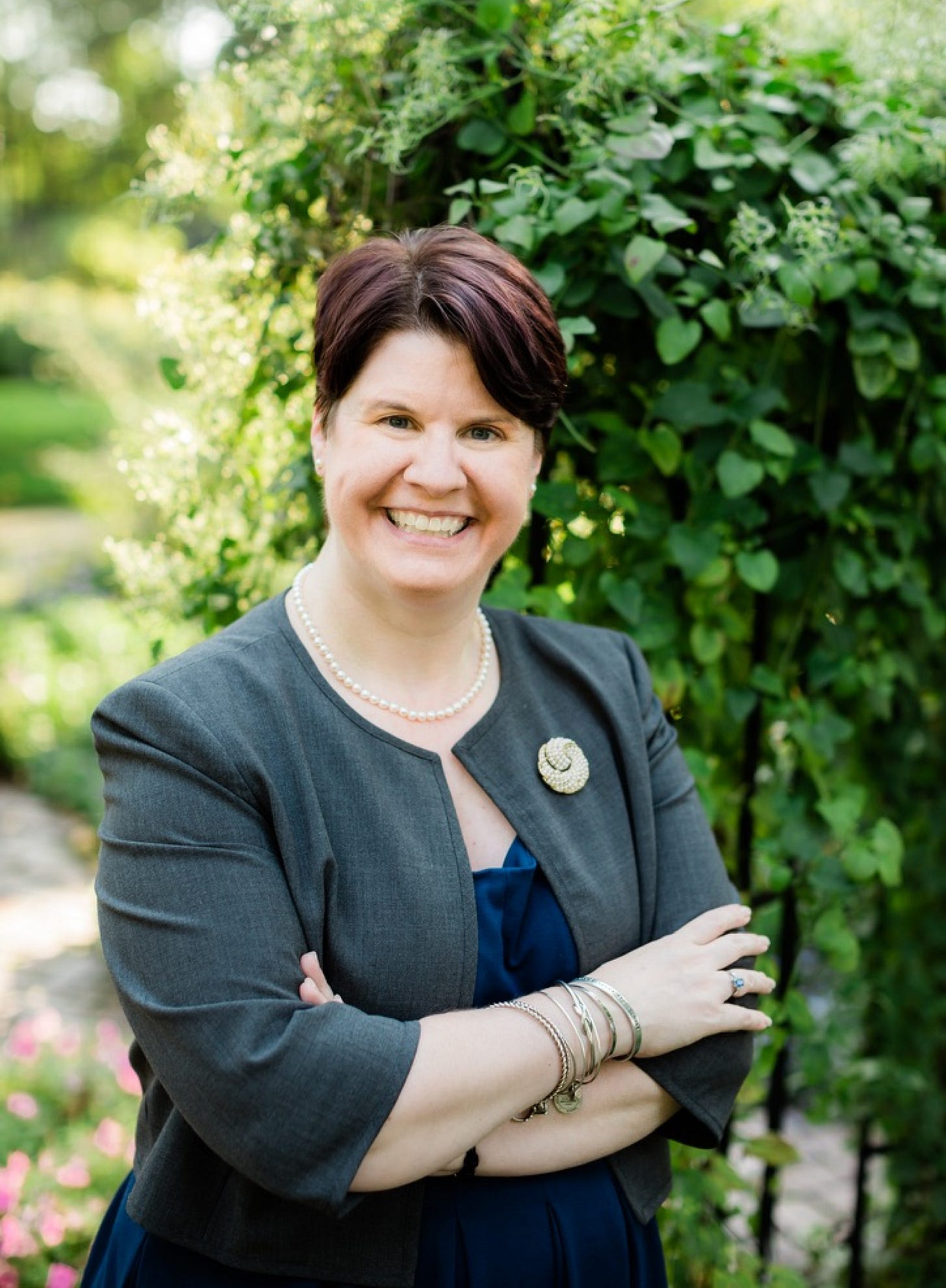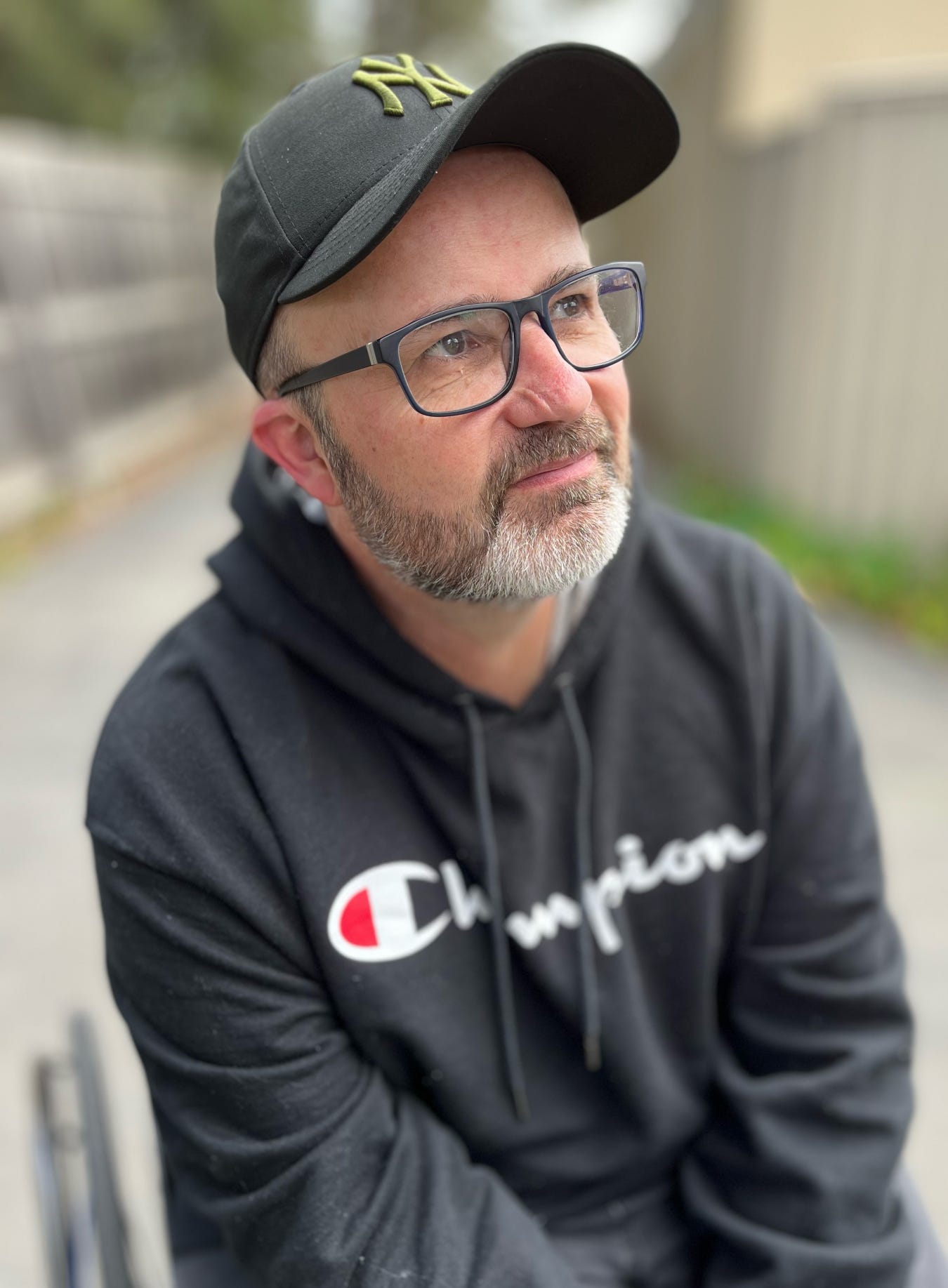Humans of Mem
Stories from Mem users about how the product fits into their lives
At Mem, we’re focused on making our product something that models reality. To do that, we have to think about humans as much as technology. Every time we release an update to Mem, we’ve thought carefully through its workflow and how it will help users on the other end of the product.
That might explain why so many of the users I’ve spoken to recently have highlighted Mem’s “simplicity”. Our goal is always to make your experience of storing, sharing, manipulating and generating knowledge in Mem as easy as possible. If we’re doing our job right, you shouldn’t be thinking of Mem as an aggregate of various features, but as something that enables a particular experience.
With those two things in mind, I thought it would be a good time to showcase some extracts from interviews I’ve conducted with Mem users. Each of these individuals – whom I spoke to over video chat, or by email – told me that the product was “simple”, in one way or another, but what exactly that simplicity meant was different to each of them.
We think it’s good to be reminded as often as possible of the people we’re building for, and their unique stories. I’ll let them take it from here.
Adrian Evans
“I like that Mem is going on its own path, in its own direction”, Adrian told me when we spoke in July. “It’s not copying other applications”. Adrian is a British horticulturalist, journalist, and landscape designer based in Finland; he started using Mem shortly after Christmas last year, and currently has around 1,000 mems in his account. “Having used it for a couple of days, I went through all the video tutorials on Youtube, and it just became an invaluable daily tool”.
Mem’s the first thing he opens daily, he told me. “I look at what I was doing the day before [on the timeline], then I look at the calendar strip at the top and I know what’s coming up for the day. I fill out my daily mem and think about what tasks I’m going to do today. Then I’ll make my day work around that”.
While Adrian also uses apps like Evernote, Craft, Obsidian and Notion to store information, he finds them lacking in terms of retrievability - “you have to know what’s in there to be able to find it”. The idea of an app that could use artificial intelligence to proactively surface relevant notes was one that he wanted to be “on board” with. “In something like Obsidian, you have to make your own connections. I want the AI to do that for me!”
Not needing to hierarchize or categorize information before entering it into Mem is also a big plus. “I can dump anything into Mem, whatever I'm looking at online, and through the AI technology it can find what’s useful later”, he said. “I like everything all in one place. Mem keeps it all there in the package”.
Currently, Adrian uses Mem in both his personal freelance work, and with a team of five others – all new to Mem – on a Research and Development project for a company that provides green solutions for urban environments. There have been “positive responses” from the team, he told me; “they find it easy to use. Before the company was using GSuite, and all the information was basically in filing systems. I wanted to use a tool that could surface appropriate information, because there’s so much talk of second brains these days”. Now, they don’t have to spend time thinking about where to store information once it has been created, nor which folder to go to in order to find information that already exists in the system.
“I like testing whether the AI can make connections”, Adrian said of using Mem for his own work. “I read Tiago Forte’s book [Building A Second Brain] and he said you will create notes that you will never look at again. But when I’m writing my columns, Mem can pull up all kinds of different thoughts, different sorts of information that I’ve put in the system”.
“Mem”, he concluded, “is just easy. It’s not complicated”. And that’s important for making the product appeal across a range of ages. “Young developers shouldn’t just be looking at a young target market. You have to think about how to onboard older people as well. I really appreciate the Slack group, it’s a really nice resource. In terms of customer service it’s great, and that gives more meaning to the app itself. I feel invested”.
Jen Vanderveen
“My ideal world is one where I operate on one screen”, Jen, an elder law attorney told me. When her ADHD worsened a couple of years ago, she started to look for coping mechanisms – “carrying around note cards and scribbling [on them]”, as well as trialing some digital note-keeping applications. After reading about Mem on an ADHD blog, she decided to “jump in and give it a shot”. “Within two days” of joining, she said, “Command Shift Space bar [the Mem Spotlight shortcut for Mac] was my most-used keystroke, because you just think of something and hit that Tab, type it in … it’s natural to just hit my keys and type”.
The fact that it isn’t necessary to context-switch in order to store information in Mem is one of Jen’s favorite parts of the app. “That can be a big problem for people with ADHD”, she explained. But “[with Mem Spotlight], I don’t even have to stop what I’m doing and consciously switch screens”. And, with the ability to send texts directly to Mem, “even when I’m in the car, I can get those random ideas out of my head and into the app”.
Jen told me that the issue she’d found with other PKM systems was that they often allowed her to see too much information at once, which would distract her from her current task. In Mem, however, those distractions are minimized. “The nice thing about Mem is I get a clean screen… then I don’t get distracted by, ‘oh, wait a minute, I need to go back and -’. Nope, clean screen. Put your idea down, and move it aside”. She also likes the fact that there’s “not a set way you have to do things” in Mem. “With OneNote, which I used to live in, everything has to fit into a folder… [but then] you end up with one folder just full of garbage. And then you have to actually go in and move things to a folder and it’s a process and that’s a pressure point. That’s where things don’t get done”.
For Jen, everything goes into Mem, whether that’s her legal work or a reminder to tell her husband that pesto sounds good for dinner. Whenever she wants to run a calculation, she won’t “get a scratchpad out”; she’ll call up Mem Spotlight and use that instead. “That way people aren’t trying to read my chicken scratch somewhere down the line. I can just go back and print [that mem] to a PDF and shoot it off”. With everything in one place, she can run a search for anything she knows she’s been thinking about recently and find what she’s looking for. “When I’m in those situations where it’s like, ‘I know I was thinking something about powers of attorney recently, what was I thinking?’ I can go into Mem and run a search and pull it up.”
“This has been a life-changer”, she told me. “We’re finally at the point almost where my computer is listening to my brain and just doing things for me. Isn’t that what we all want, really?”
Mariano Hvozda
Mariano Hvozda, who works in hospitality and is an ADHD and autism coach, wrote to me via email: “What I like about Mem is that it is very lean and simple to use… The best apps are those that do what they do very well, [rather than] getting more complicated”.
Mariano has also been diagnosed with ADHD, and describes himself as a “very curious person”, but someone who also gets “overwhelm[ed]” by the “amount of information in today’s world”. For the last few years he’s been working on developing a personal knowledge system that is “easy” on his ADHD. He echoed Jen’s sentiments about Mem Spotlight – “it is very easy to… capture a quick thought, note, or action, without really having to shift tasks or workspace” – and highlighted the ability to be able to capture information on the go as important for him.
My thinking happens anywhere and having my [cell phone] handy to drop a fleeting note helps a lot. When you have a good idea, you want to record it somewhere, otherwise it is likely my ADHD will make me forget it, and you never know when your mind is going to strike gold!
Right now, he told me, he’s developing his usage of Mem. “Until now it has been a ‘brain dump’ of thoughts, ideas and reflections from my personal life. A few weeks ago I [started] to use a separate account for my work life: using it to capture 1:1 notes from meetings (my biggest struggle to remember)”. In both capacities, Mariano said, the appeal of Mem is its ability to capture information quickly and its encouragement of knowledge synthesis. “I can capture data wherever I am, and Mem is clever [enough] to connect all the dots for me”.
Paul Gallagher
Paul Gallagher, a writer based in Australia, has “always loved to be on the cutting edge of what’s next”. When he was studying for a Communications degree in Journalism in the ‘80s, he remembers that he would frequently visit an all-night computer center equipped with two new Macintosh computers, which sparked a persistent interest in new technology.
He joined Mem “near the beginning”; the appeal was that it was “self-organizing”, “robust”, “speedy”, and “worked with everything else”. He also appreciates its minimalism. “In tools like Roam, I had to do so much ‘gardening’ - maintenance of the organization systems that I imposed. It was too much. I like that Mem isn’t trying to add a million bells and whistles, that the team know what they’re prioritizing and what they’re not”. Now, he uses a very pared-down tagging system in Mem to keep track of information – using 8-10 “root” tags (all nouns or verbs – “I’m a journalist by training; adjectives are superfluous”) that can be refined with further details. For instance, anything finance-related is tagged with the root #count. A receipt for Mem would be tagged with #count_receipt_mem_[DATE]. “In the end”, he concluded, “I have to be the boss of the tool, not the tool the boss of me”.
Features like Related mems, Focus mode, and Flow templates all help Paul to write faster, he said, by sparking creativity, reducing distractions, and cutting down time wasted on repetitive tasks. As someone who suffers from MS, that’s “important psychologically”. “Society tries to put me in a box because of my disability, telling me I can’t be a productive member of society”, he told me. “So I don’t want to get to the end of the day and feel like I haven’t written anything. Mem makes it easy for me to get words down”.
The increased speed of work that Mem enables is also important for him because he doesn’t know when pain might flare up and stop him from working.
Mem capitalizes on the value of the repetition of words across my own personal archive of words and thoughts. If i am writing about MS, for example, there are recurrent words that I use: ‘pain’, ‘spasm’, ‘discrimination’. Previously, I'd have to tag those things to ensure their retrieval. Because of Mem, I don't have to use tags; it will make those connections based on frequency of words for me, [which helps if I’m] not…able to do that physically, because I’m in pain.
When I asked him how many mems he has stored in his account, he laughed. “I don’t know! Isn’t that great? I don’t know how much information is stored in my brain, so why would I know how many mems I have?”







By pure coincidence I wrote only yesterday in the Full Focus Planner community on Facebook about how I think Mem is going to be a good 'back-end' for my personal productivity system. They had just published a podcast about task managers to use with the planner and feed the decision making process. They were all linear list-type systems (with a bit of kanban thrown in) and I thought they could usefully look at PKM systems too. As someone recently diagnosed with ADHD at 63, structured linear systems just don't sit comfortably with my brain and all too easily end up abandoned! That's why this newsletter resonated so strongly with me. I've tried a lot of list based systems and it always goes the same way, right from paper based systems in the 80's to Asana/Trello/ToDoist etc now. A hybrid system with a paper weekly/daily plan backed by Mem as my knowledge/decision base is what I'm trying now. I have big hopes!